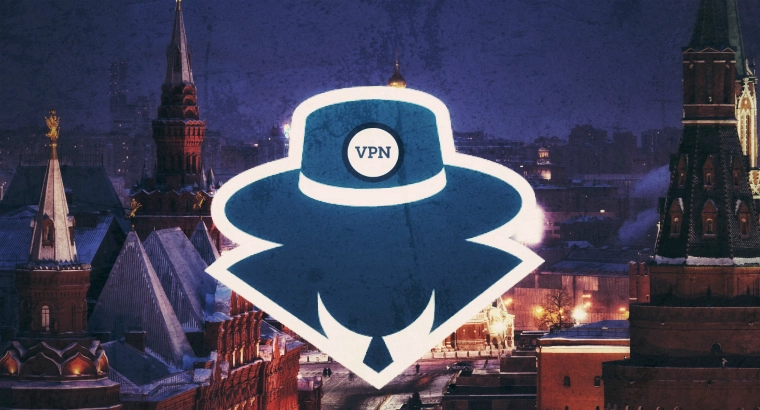VPNs Gain Popularity Among Russian Government Agencies
According to recent tenders posted on the government procurement website, Russian companies and state institutions have started purchasing VPN equipment en masse following the blocking of Telegram. State enterprises, banks, and government bodies are now ordering Virtual Private Networks (VPNs) to secure their internet communications. The growing interest in VPN channels among government organizations is evident from the latest tenders published online.
Major State Entities Invest in VPN Technology
Organizations such as the National Guard of Russia (Rosgvardiya), the Pension Fund, and RusHydro have decided to implement IP VPN technologies. Also on the list is Rosselkhozbank, headed by Dmitry Patrushev, the son of the Secretary of the Security Council. The Belgorod branch of the bank is prepared to pay nearly 10 million rubles for VPN channel setup and maintenance services.
Other entities transitioning to VPN channels include the State Corporation for Air Traffic Management, the Forestry Department of the Leningrad Region, and central district hospitals in several Russian regions. Municipal emergency management centers in regions like Omsk and Volgograd are also planning to rent VPN services, with tenders totaling almost 8 million rubles.
Public Services and Utilities Enhance Security
The St. Petersburg Metro has started equipping its facilities with VPN channels, beginning with the “Baltic Coast” sanatorium. A contract worth 246,000 rubles was signed with the local company “West Call SPb.” According to the documentation, the private network is needed to facilitate information exchange between metro facilities and to improve internet access for guests. VPN protection is contracted until March 31, 2019.
Similarly, the St. Petersburg State Unitary Enterprise “TEK SPb” conducted a nearly 1 million ruble procurement for VPN channels to protect communications from unauthorized access. The company’s press service clarified that the private network will enable information exchange between the dispatch center and central heating points, automating their operations. The service period is from May 1, 2018, to April 30, 2021.
Law Enforcement Agencies Show Interest
Regional police departments are also interested in acquiring virtual private networks. For example, the Main Directorate of the Ministry of Internal Affairs for the Rostov Region plans to spend 37 million rubles on such data transmission channels.
Motivations Behind the VPN Trend
It remains unclear whether these are so-called “corporate VPNs” or if the interest from state companies is driven by a desire to ensure the stability of their own information infrastructures. Recently, these infrastructures have suffered due to the “aggressive performance” of Roskomnadzor. In its attempt to block the Telegram messenger for Russian users, the regulatory agency has nearly brought the entire Russian internet (Runet) to a standstill. From the very first day of the blockades, the operations of several online stores, gaming sites, ticket offices, rental services, and even banks were paralyzed. For instance, today a major outage was reported at Raiffeisen Bank. Meanwhile, Telegram continues to function.



